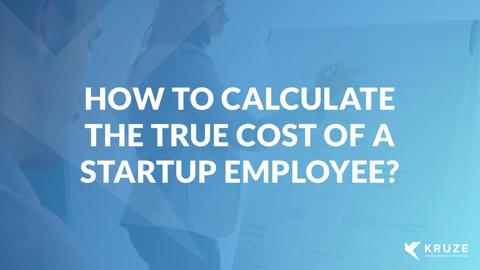
Kruze Consulting clients have raised over $200 million of venture capital in the past 12 months. We regularly help outstanding startups prepare their books, accounting systems and projections for the next fund raise. You can also check out our list of best venture capital pitch decks. Here are 3 tips that will help reduce the risk of an accounting error slowing down your next fund raise.
- Use a standard accounting system like Quickbooks or Xero. Venture capitalists are going to want you to use whatever accounting system is standard for the stage of the business because they know your books are a place where you can’t make big mistakes. Starting out with a standard, early stage accounting system like Quickbooks or Xero is a good way to check this box and keep the venture capital fund raise going smoothly. You don’t want to have to discuss why you picked some unknown accounting software in a venture capital pitch when you should be discussing your business!
- Keep clean books. After your first seed round, venture capitalists interested in funding your Series A will want a look at your books. You don’t want to be slow to get them your financials. We’ve heard of instances where a startup’s historical financials changed in the middle of the fund raise - this happens when the books are not kept clean and entrepreneurs realize they made a mistake when they first pulled their books. This happens when busy founders try to manage their books on their own or try to save money going with a cheap, non-startup focused bookkeeper. If you can afford to work with a quality CPA you should - this is a risk you can easily mitigate by getting outside help.
- Correctly characterize your expenses. Put in the effort to characterize your expenses - the cost of goods sold, engineering costs, marketing costs, etc. Venture capitalists won’t expect your metrics to be optimized, but they will expect that you know how to calculate your KPIs! And each stage of the company will have specific KPIs that matter to VCs. It’s important to know the important historical metrics cold and be able to explain how they will change as the business grows. For example, SaaS companies raising their Series B are usually judged on their sales and marketing efficiency. If you are raising a B, you’ll want to how much you spend on major sales and marketing initiatives and how these metrics are improving over time. Put in the time to get your expenses right prior to the fund raise. An outsourced CFO like Kruze Consulting can do this for you.
It’s a great time to raise capital. As a CEO of a fast-growing startup, you should be focused on growing your business and raising capital - not bookkeeping. Visit Kruzeconsulting.com to learn more about how we help companies raising venture capital - we an accounting and consulting firm that only works with funded startups, and would love to help your startup reach the next stage!












